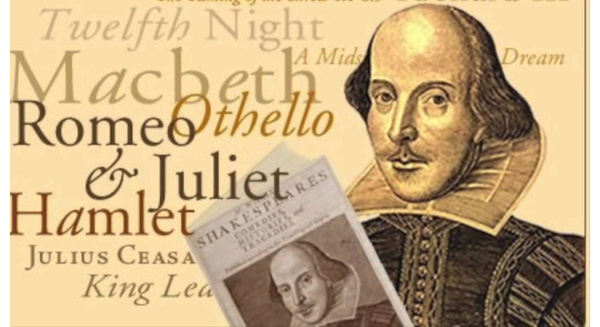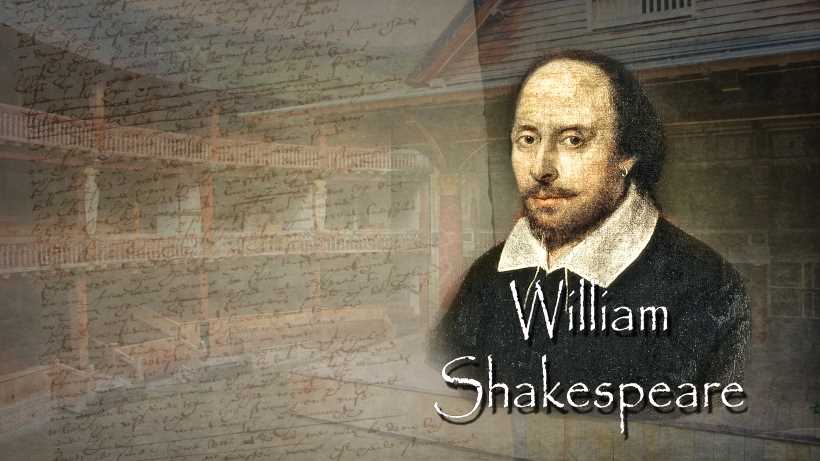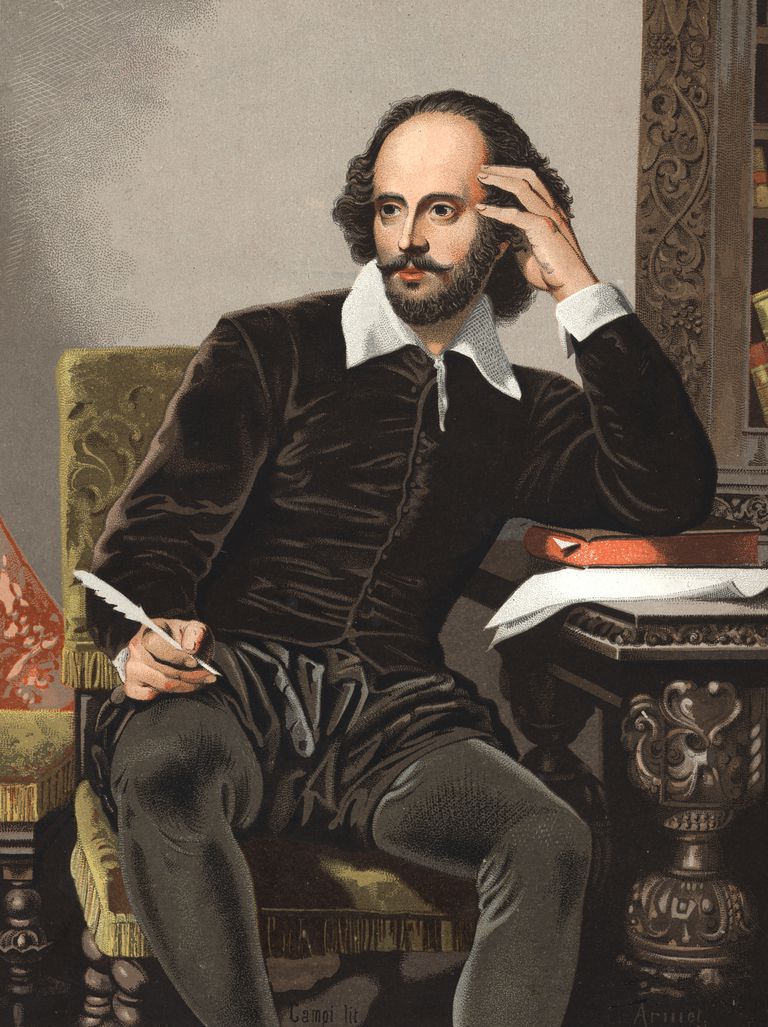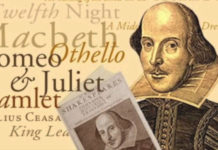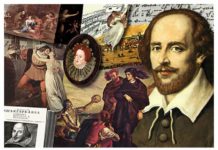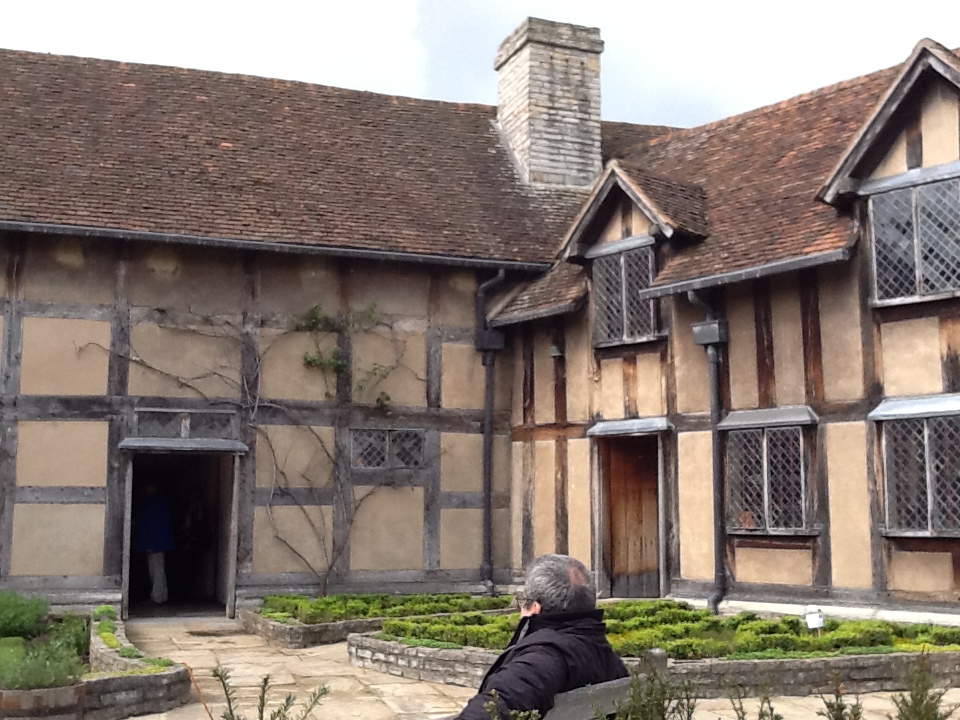“The Marlowe theory” had been troubling me for a long time. I could not get myself to believe that the author of “The Jew of Malta” and “The Tragedy of Doctor Faustus” could have written Hamlet and Lear. I had been wondering whether there was some clinching evidence to refute the claim of the proponents of the Marlowe Theory. Then one day it suddenly occurred to me that there was indeed such a piece of evidence.
The tribute paid by Ben Jonson, another great contemporary of Shakespeare, in which he specifically mentions Marlowe by name, and openly declares the superiority of Shakespeare
Read Part 1 Here; No Doubts About Shakespeare’s Authorship Part 1
Read Part 2 Here; No Doubts About Shakespeare’s Authorship Part 2
“And tell how far thou didst our Lyle outshine,
Or sporting Kyd or Marlowe’s mighty line”
delivers the final verdict, settling the Marlowe controversy once and for all. The obvious inference that can be drawn from Ben Johnson’s above two lines is that Shakespeare and Marlowe were indeed two different persons and that it was Shakespeare who wrote the greatest Plays in all literature.
It came as a great surprise to me that even eminent Shakespearean scholars had missed this simple fact, which was glaring.
Let us now take up the case of Edward De Vere(1550 to 1605) the 17th Earl of Oxford whose authorship has the backing of the so called Oxford School which started a systematic propaganda in 1920. One Thomas Looney belonging to the above school sponsored the candidature of the Earl. Looney( appropriately named) wrote a book, refuting Shakespeare’s authorship and this was followed by another book by one Charles Osborne. Several newspaper and magazine articles, TV Shows, and even mock Supreme Court Trials, claimed De Vere’s authorship. An article appeared in Harper’s in February 1999, echoing the same theory.
It was at this stage that Louis Marder, a Shakespearean scholar and Professor Emeritus at the University Of Illinois, Chicago, came out with a detailed argument containing 59 valid points, shattering the baseless theory. I shall mention only a few of his relatively stronger and more convincing points.
Proponents of the Oxford theory say that Shakespeare was a Pseudonym for the Earl of Oxford. They point out that the name Shakespeare has been spelt in 20 different ways and that a few of them are also hyphenated. Now it was not unusual for people in Shakespeare’s time to spell their name differently any number of times. Secondly if one printer had hyphenated one of those names, by mistake, other printers did not take the trouble of correcting it thus repeating the hyphenated name!
While on the subject of names, signatures and handwriting I would like to mention a few other points. There are only six surviving signatures of Shakespeare, all in legal documents including three in his Will. The documents to which the signatures are attached are 1) a deposition in a case 2) the purchase of a house in Blackfriars, London 3) the mortgage of the same house, and three signatures one on each of the three pages of his Will and last Testament.
To be continued






























